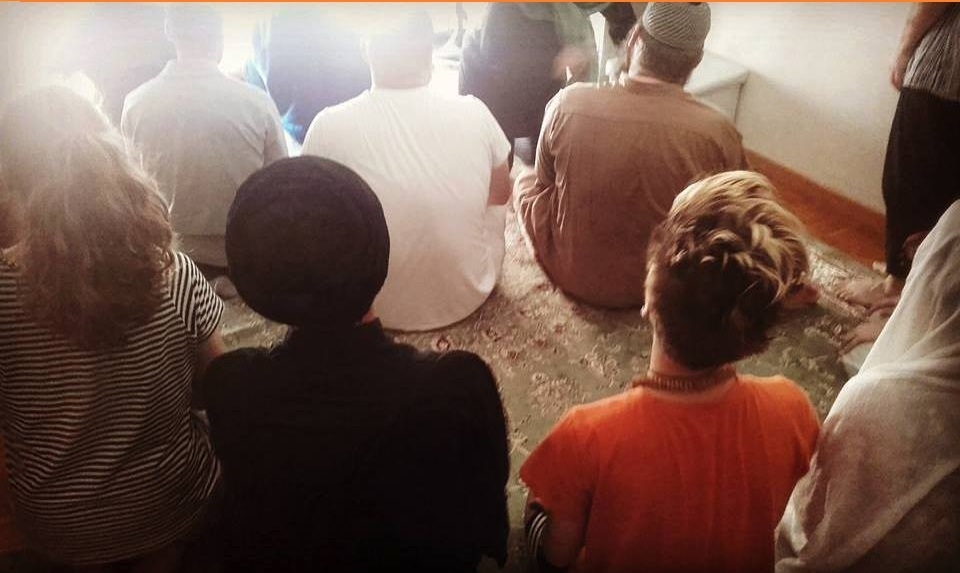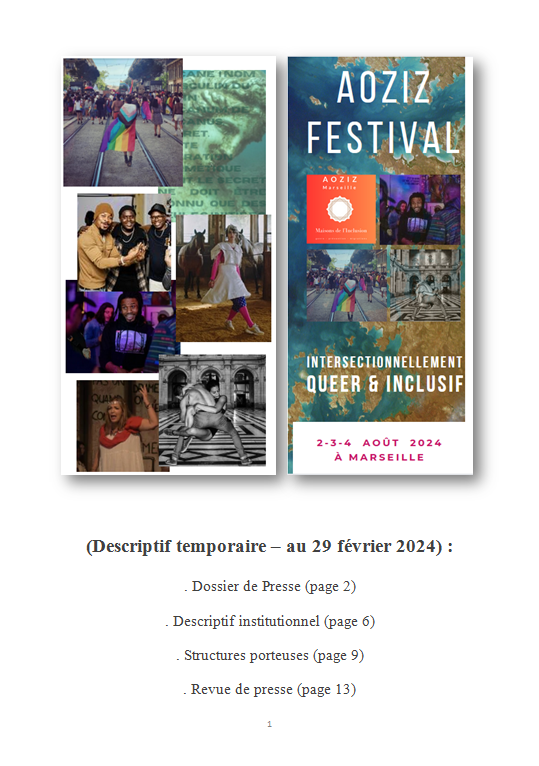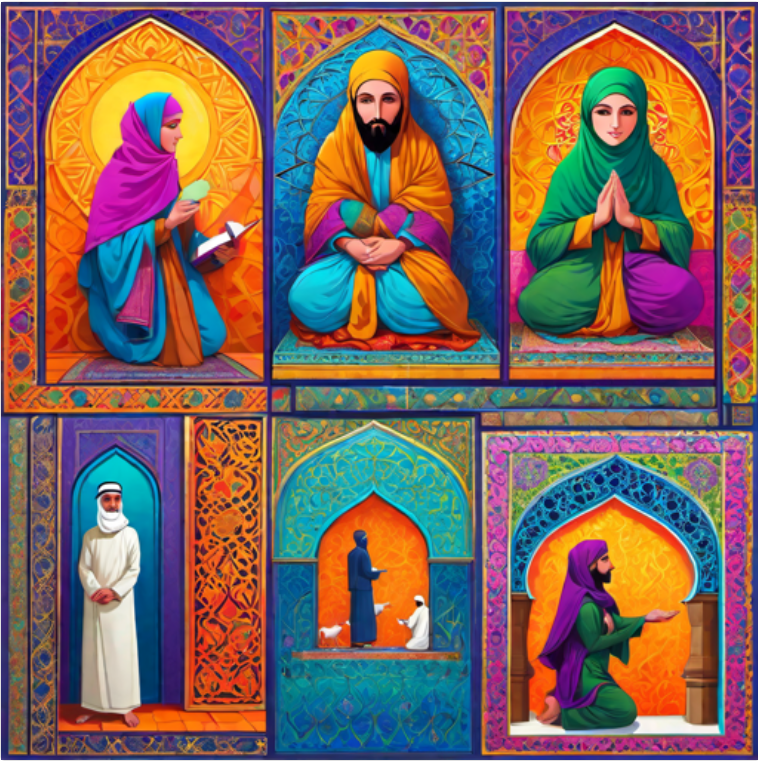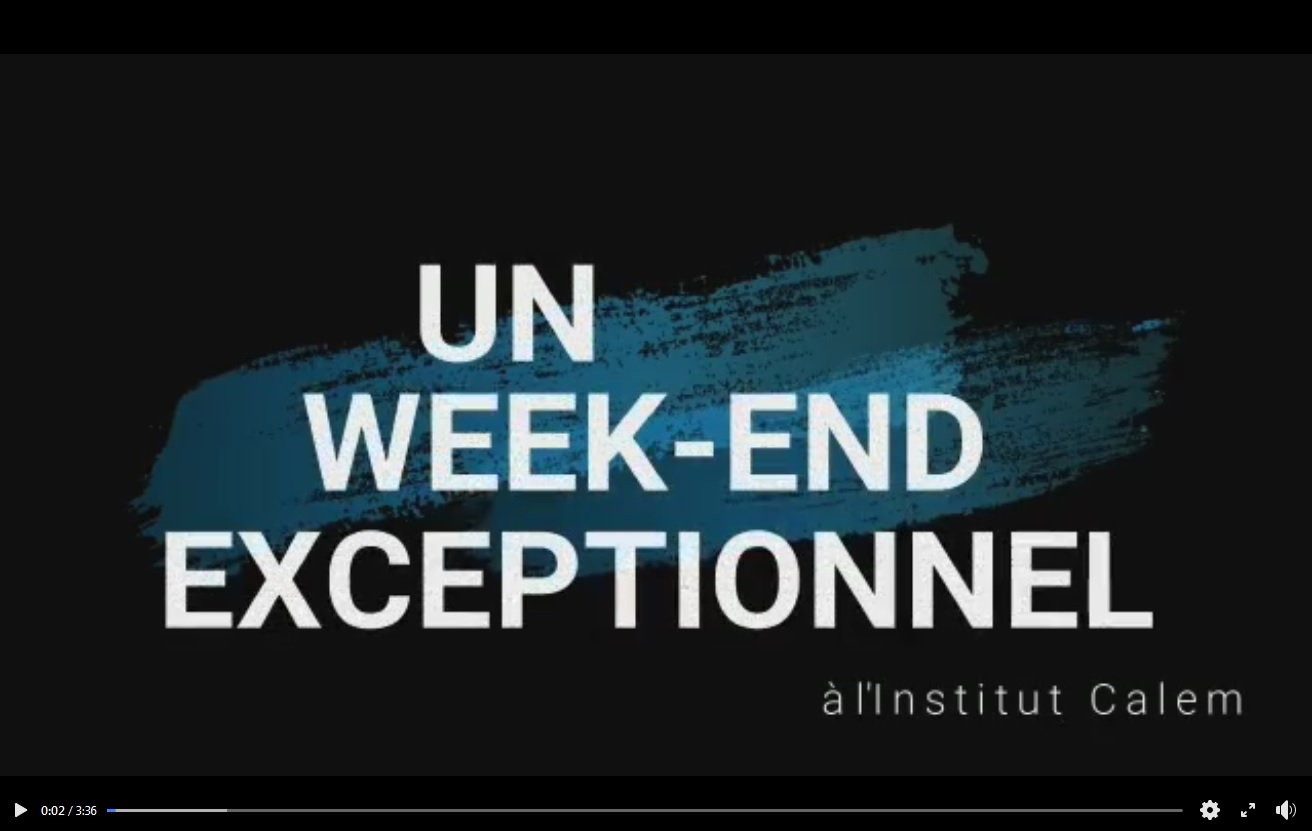More about CALEM Institute:
Trainings, Counselling, Editions, Shelter
CALEM is
regularly
consulted by governments and foundations, in Europe or around the
world, mainly on sociological and geopolitical issues, concerning
especially
the status of refugees, women rights, and inclusive trainings of
progressive
imams (Muslim leaders).
We also organize at the CALEM Institute (Marseille), retreats, individualized tranings, psycho-spiritual counselling, religious ceremonies opened to all ...



20 years of expertise
- Early 2000, it started as an interindividual counselling network (mainly towards HIV/AIDS vulnearble individuals)
- Five years later, in 2005 our first official grass-root NGO has been launched (based in Paris, with partners in more than 30 countries on four continents)
- Five years later, in 2010 we formalized our inter-NGO informal CALEM Euro-African confederation (more than thirty conferences, colloquies, retreats and numerous publications in different languages, with parnters operating worldwide)
- In December 2014, the progressive and the queer Muslim initiatives merged to create an even more inclusive movement. In January 2015, we established our international counselling CALEM Cabinet (according to grassroot feedbacks in terms of our clients needs and desiderata)
- In 2016, we systemized our edition process; in 2017 we formally launched our program of progressive Islamic trainings, aimed at imams and engaged citizens. CALEM is now an Institute which aims are: research, publishing, training and counselling.
______________________________________________________________
The CALEM was founded by the Doctor & Imam
Ludovic-Mohamed
Zahed;
Facilitator in NPT (Neuro-Psychosocial-Theology)
& ILIT (Islamic Liberation Intersectional Theologies)
Doctor and Imam L. Zahed is not subservient to any other organization (political party, association, university), to avoid any potential conflict of interest.
|
NPT, what is it? A. Definition It is the study of the theoretical substrate and the
practical consequences of the construction of our theological representations,
on the spiritual well-being of the communities and individuals who compose
them. b. Goals Explore the link between spirituality and individual
or collective well-being, particularly the effect of psycho-spiritual practices
from different traditions on our bodies and minds. c. Intersectional paradigm Use the tools of neuroscience and artificial
intelligence to explore these still little-known links between psychology,
social ecology and religious systems or spiritual traditions. d. Operationalization of research Demonstrate how spirituality is involved in individual
and collective well-being and health (“salutogenesis”), notably through brain
imaging, social psychology and artificial intelligence, and more than ever by a universal ecological enhanced consciousness.
Artificial intelligence offers
fascinating potential for studying consciousness and spirituality, although
these topics remain highly complex and subject to debate. Advances in AI can
help analyze large data sets from research in neuroscience, psychology, philosophy
and religious studies. Machine learning algorithms can potentially spot
patterns or correlations in this data that could inform our understanding of
consciousness and spirituality. For example, AI could help analyze
patterns of brain activity to identify correlations between spiritual
experience and certain brain activities. Additionally, by processing large
quantities of religious, philosophical, and literary texts, AI could help
highlight recurring themes or perspectives on spirituality across cultures and
eras. However, it is important to note
that consciousness and spirituality are areas that extend beyond simple data
analysis. These concepts involve subjective experiences, personal beliefs, and
deep philosophical questions that can be difficult to quantify. AI alone cannot
capture all of these complex aspects, but it can significantly contribute to
interdisciplinary research in these areas. Ultimately, the use of AI to study
consciousness and spirituality should be framed by ethical reflection and a
thorough understanding of its limitations. AI can offer unique perspectives and
powerful tools, but it can never replace the depth of human experience and
spiritual quest.
ILIT (Islamic Liberation Intersectional
Theologies) is a current of theological thought emerging in the context of
contemporary Islam. Much like liberation theology in Christianity, Islamic
liberation theology seeks to interpret the faith through the lens of social
justice and the emancipation of the oppressed, through a universal ecological perspective (bergsonian, at large). This theological movement calls on
Muslim believers to actively engage in the fight against social injustice,
poverty, oppression and other forms of marginalization. It seeks to emphasize
the Islamic teachings of compassion, solidarity and equitable redistribution of
resources. Islamic liberation theology often
integrates elements of Western critical and scientific thought and hermeneutic
methodologies, to interpret religious texts in light of contemporary challenges
facing Muslim communities. It aims to connect the Islamic tradition to current
struggles for justice and human dignity, emphasizing the social and political
engagement of believers. A fundamental aspect of Islamic liberation theology is its challenge to unjust power structures both within Muslim societies and on the international stage. It calls for criticism of forms of authoritarianism, neo-colonialism, economic exploitation and social discrimination, while encouraging mobilization for social and political change. |





